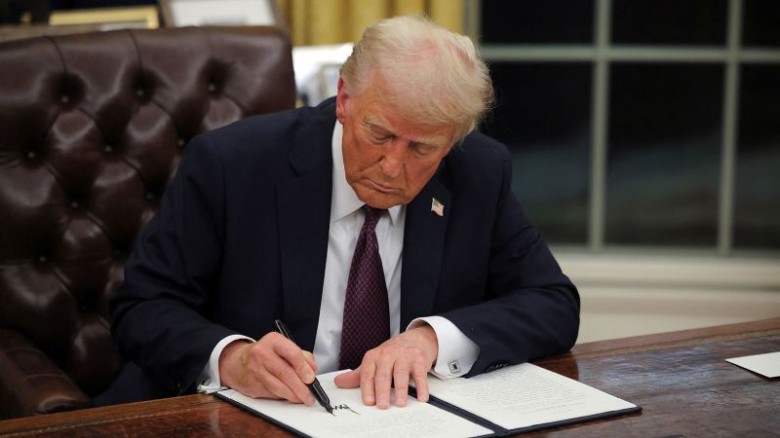Trump to spend $1bn on offensive cyber operations
The Trump administration plans to allocate $1 billion over the next four years for what it refers to as "offensive cyber operations," as outlined in a provision included in its extensive new legislation, referred to as the One Big Beautiful Bill.
The funding will be channeled through the Department of Defense to enhance the capabilities of the U.S. Indo-Pacific Command, the military division responsible for operations in the Asia-Pacific region, where tensions with China, the U.S.'s primary strategic competitor, continue to rise.
However, the legislation lacks detailed information regarding the nature or extent of the proposed offensive operations. It does not clarify the specific tools, software, or strategies that the financing will support. Experts suggest that "offensive cyber operations" may include deploying malware and zero-day exploits, implementing spyware programs, and establishing cyber infrastructure for surveillance or attacks.
This $1 billion funding allocation comes at a contentious time, as the same bill cuts $1 billion from the U.S. cyber defense budget. This reduction includes decreased funding for the Cybersecurity and Infrastructure Security Agency, which has experienced staffing and resource cutbacks in recent years under Trump's administration.
Critics contend that this change in focus puts the nation at a higher risk.
Senator Ron Wyden, a senior Democrat on the Senate Intelligence Committee, stated, "The Trump administration has reduced funding for cybersecurity and government technology and left our country exposed to attacks by foreign hackers. Significantly increasing U.S. government hacking will provoke retaliation—not only against federal agencies but also rural hospitals, local governments, and private businesses that are ill-equipped to defend against state-sponsored hackers."
Wyden also highlighted recent legal disputes regarding mass layoffs at CISA. A federal court determined that the termination of 130 employees from the agency was unlawful, yet restitution remains only partially fulfilled at this time.
Cybersecurity experts caution that although offensive cyber capabilities are vital to a modern defense strategy, reducing defensive measures could be perilous. The U.S. continues to confront ongoing cyber threats from China, Russia, North Korea, and various other actors.
The Pentagon has not yet provided additional details on how the offensive funds will be utilized. Without transparency, questions persist regarding the equilibrium between cyber offense and defense—and the long-term security implications of the administration's choices.























Leave A Comment